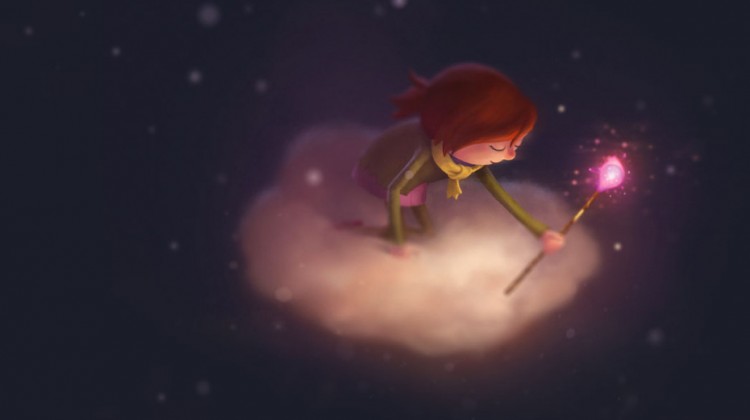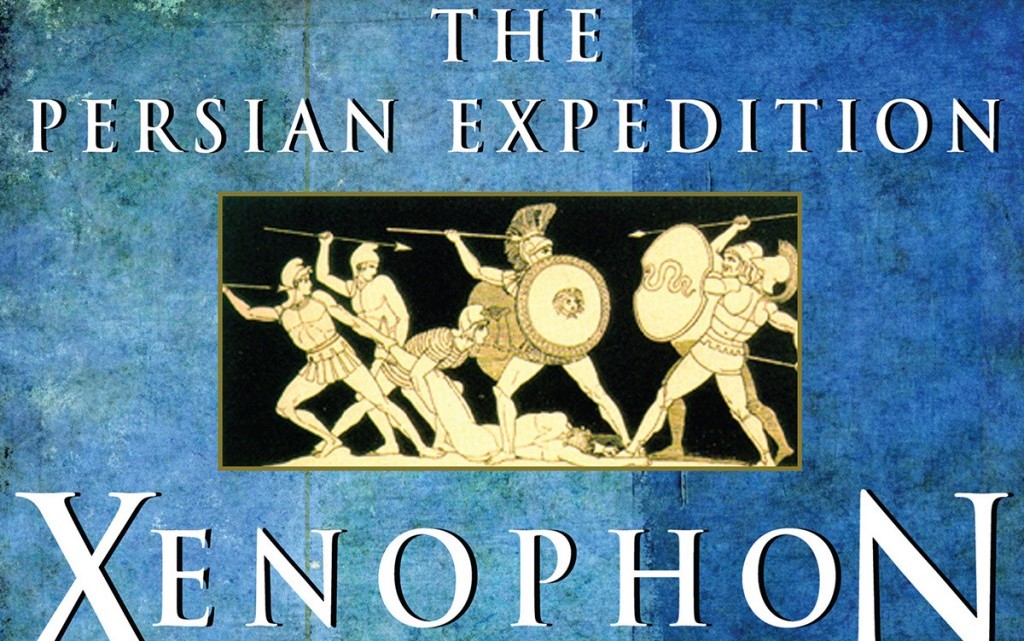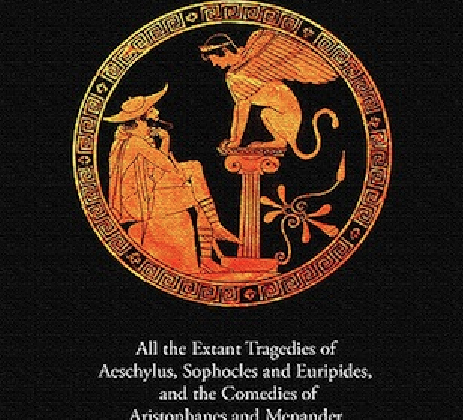The Persian Expedition by Xenophon. In 400 BC, 10,000 Greeks are hired as mercenaries by Cyrus the Younger in his attempt to steal the Persian throne. They win the battle but Cyrus is killed in the fighting, stranding the entire Greek force thousands of miles and dozens of hostile countries from home. Xenophon is elected to be a leader of the troops and encourages them to fight their way home. All sorts of wonderful tactical thoughts and stories of leadership and bravery are shown in their journey home. Xenophon was a student of Socrates and philosophy so this book is a chance to see those teachings in action.
A wise man once said…
War is unquestionably mankind at his worst. Yet, paradoxically, it is in war that men — individual men — often show the very best of themselves. War is often the result of greed, stupidity, or depravity. But in it, men are often brave, loyal, and selfless.
I am not a soldier. I have no plans to become one. But I’ve studied war for a long time. I am not alone in this.
The greats have been writing and reading about war — its causes, its effects, its heroes, its victims — since the beginning of written text. Some of our most powerful literature is either overtly about war or profoundly influenced by it. Homer’s epic poems are about war — first, ten years of battle against Troy and then ten years of battle against nature and the gods. Thucydides, our first great historian, wrote about the Peloponnesian War — the great war between Sparta and Athens. Rome was built by war and literature, and the world has been influenced by that ever since. The American Empire is no different — our men came home and wrote about the Civil War, about the Spanish-American War, about WWI, about WWII. A new generation has come home and has written (and is still writing) powerful books about the counterinsurgency in Iraq and Afghanistan.
The study of war is the study of life, because war is life in the rawest sense. It is death, fear, power, love, adrenaline, sacrifice, glory, and the will to survive.
As Virgil put it, “the sword decides all.” We must learn how: the strategy, the motivation, defenses. We must understand and respect the darkness and the consequences: pain, death, evil, greed.
This is a post about the canon of books about war. Each book is about a different civilization, a different set of tactics, a different cause. But timeless themes always emerge. The lessons are always there. They do not — despite what the History Channel and school teachers try to make you think — pertain to flanking movements, or dates, or locations. I don’t really know those things. What’s the point? What matters is what we can take from them and apply to our own lives and society.
I’m certainly not recommending every book about war ever written, or even every book I’ve read on the subject, but instead a collection of the most meaningful. I’m sure I’ll miss some great books you’ve loved, so please suggest them in the comments.
Note: I have them roughly organized by chronology and era but feel free to skip around. I know I certainly did.










